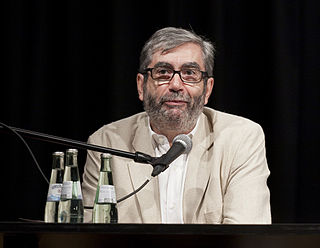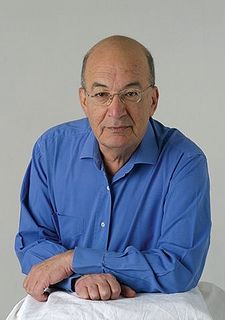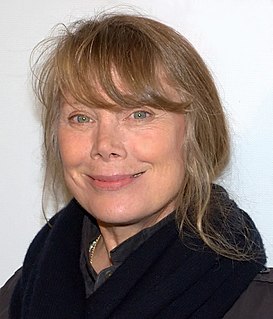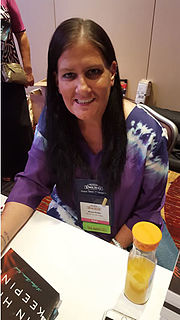A Quote by Karin Tidbeck
Happily, fantastic fiction is slowly gaining in status.
Related Quotes
Miss Prism: Do not speak slightingly of the three-volume novel, Cecily. I wrote one myself in earlier days. Cecily: Did you really, Miss Prism? How wonderfully clever you are! I hope it did not end happily? I don't like novels that end happily. They depress me so much. Miss Prism: The good ended happily, and the bad unhappily. That is what fiction means.
Earthly families all look different. And while we do the best we can to create strong traditional families, membership in the family of God is not contingent upon any kind of status - marital status, parental status, financial status, social status, or even the kind of status we post on social media.
When I write short fiction or novellas, I like to leave a hint of the fantastic, of the unreal. If you write a completely fantastic novel with ghosts and everything, the effect is less powerful than if you portray an absolutely realistic situation and, in the middle of this, you put a layer of fantasy, of mystery.
The fiction I've written and published is certainly inflected by the work of authors I was reading or translating at the time. One of my methods for developing my own voice in fiction, a process I am taking very slowly and deliberately, is through these very intense encounters with certain writers. Strength and power in fiction is being able to resist these intoxicating voices, recognizing that they are the signatures of other writers and not one's own.
I write my first draft by hand, at least for fiction. For non-fiction, I write happily on a computer, but for fiction I write by hand, because I'm trying to achieve a kind of thoughtless state, or an unconscious instinctive state. I'm not reading what I write when I wrote. It's an unconscious outpouring that's a mess, and it's many, many steps away from anything anyone would want to read. Creating that way seems to generate the most interesting material for me to work with, though.
She wanted happily ever after more than he could possibly know. She wanted forever. Problem was, she just wasn’t sure she believed in it anymore. It was why she clung to her fiction so much. She immersed herself in books because there she could be anyone and it was easy to believe in love and happily ever after

































